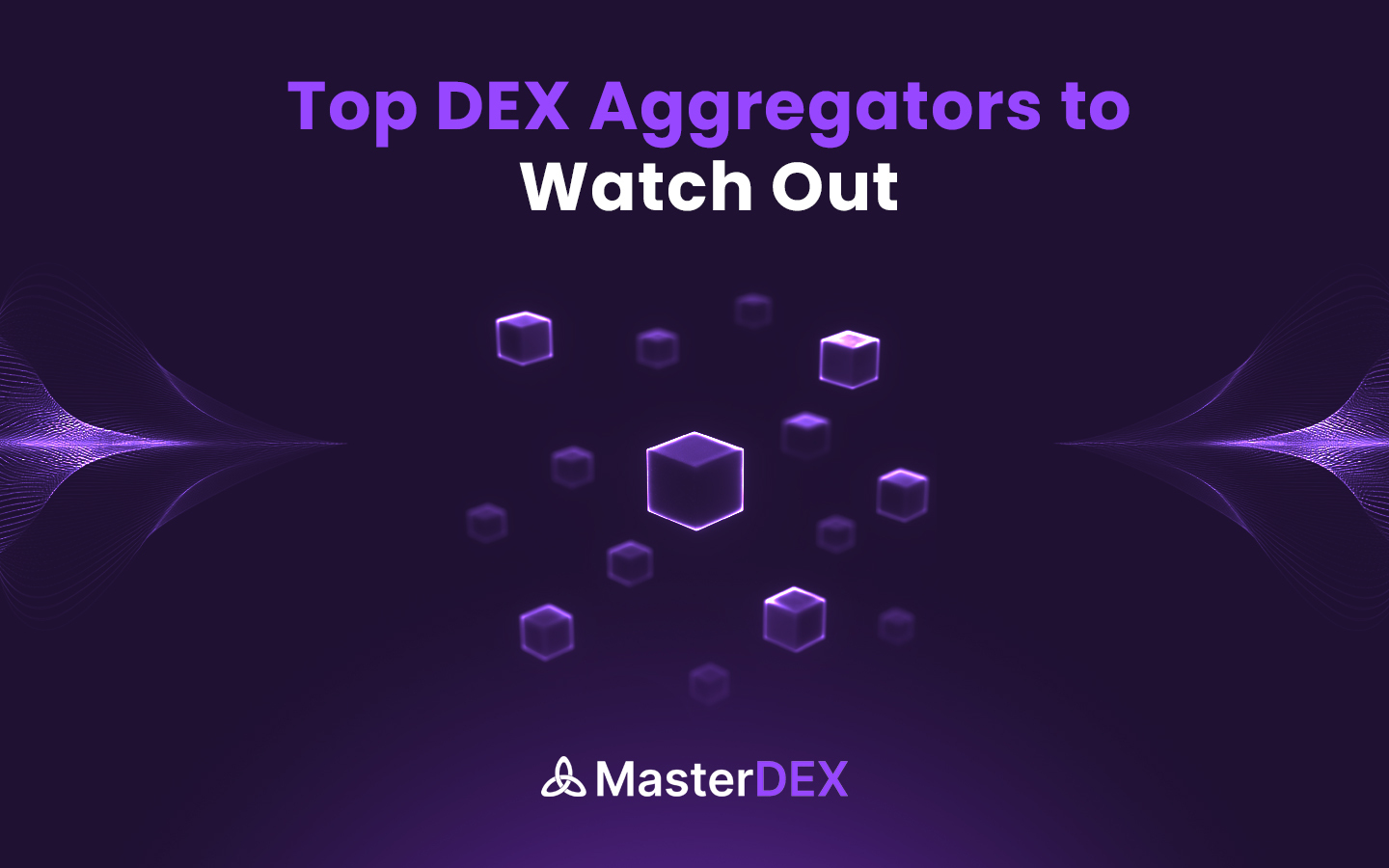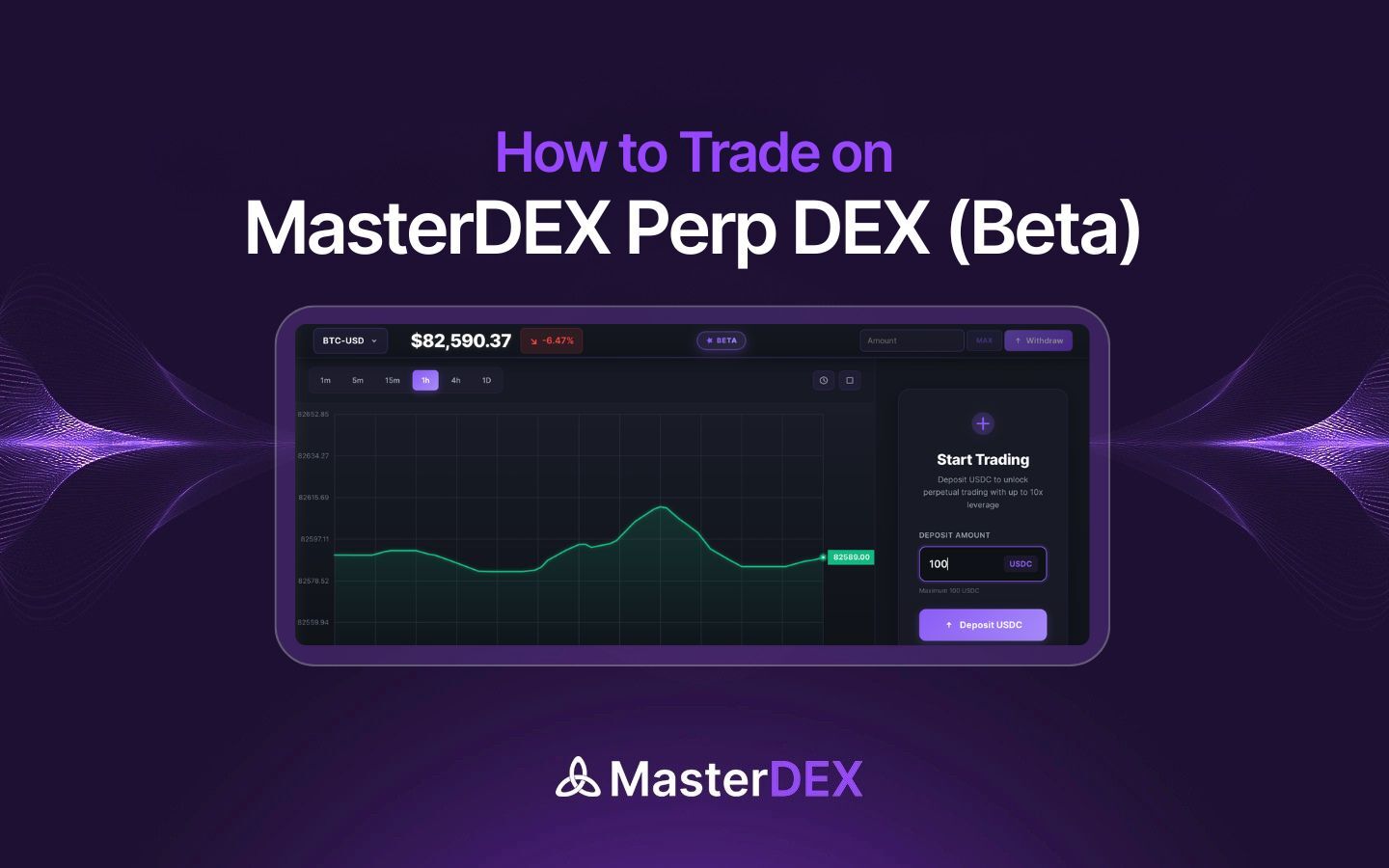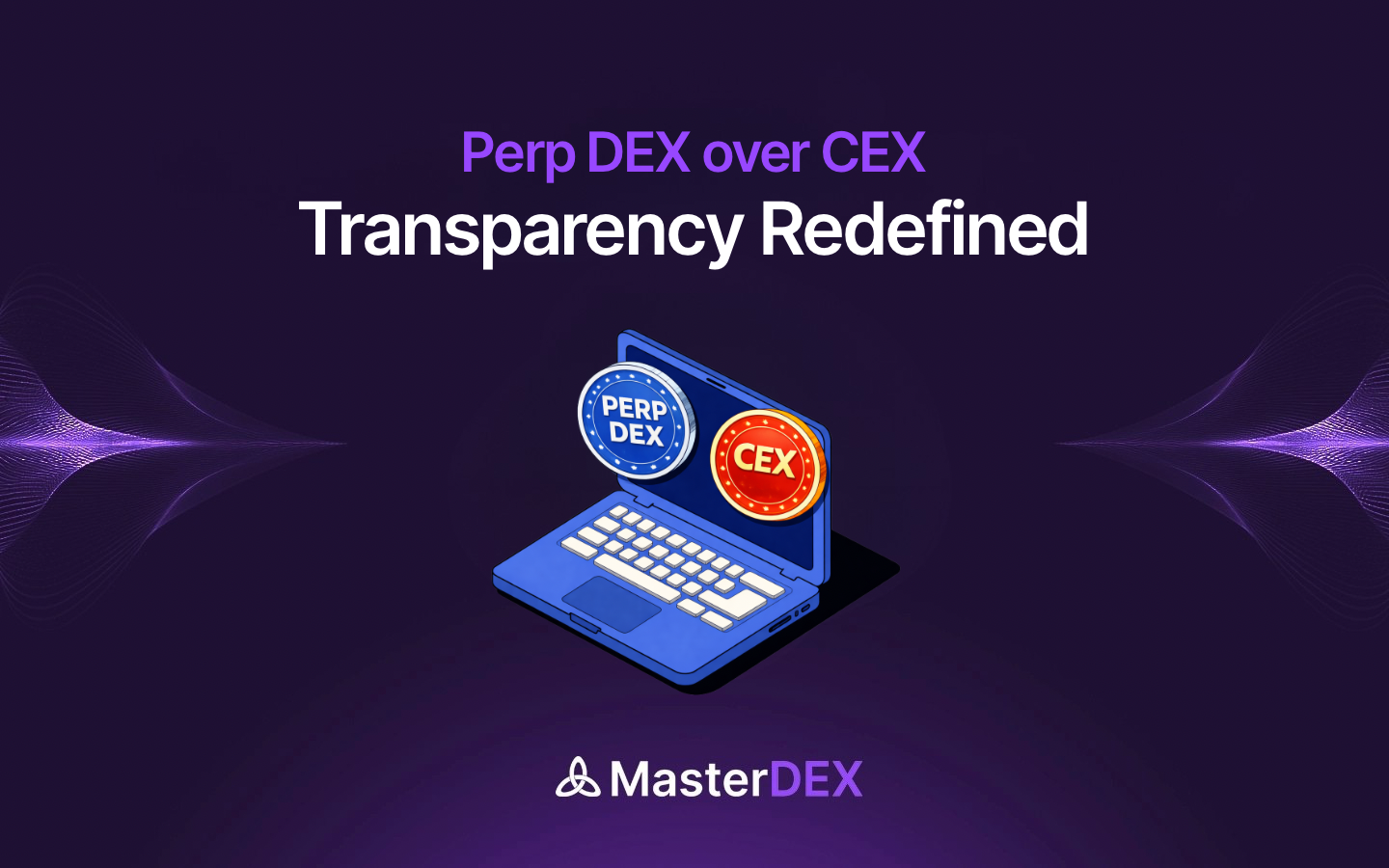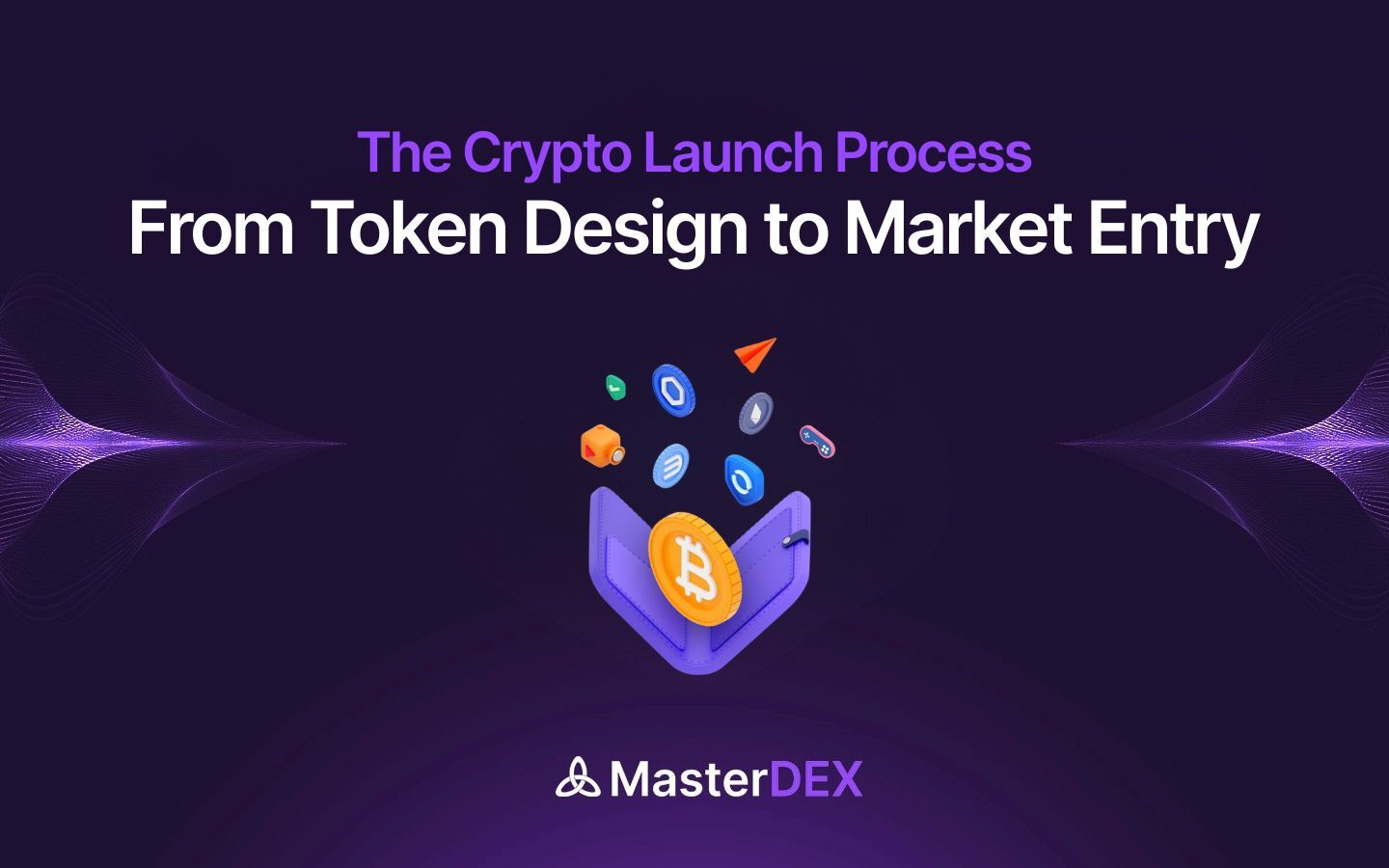In the fast-paced world of decentralized finance (DeFi), staying ahead requires more than just knowing which tokens to buy or sell. With hundreds of decentralized exchanges (DEXs) operating across multiple blockchains, liquidity is fragmented, prices vary, and opportunities can be missed in seconds. That’s where DEX aggregators come in.
In this guide, we’ll explore what a DEX aggregator is, why it’s an essential tool for traders, and take a closer look at the Top DEX Aggregators in the market today, including one platform redefining the space entirely.
Table of Contents:
ToggleWhat is a DEX Aggregator?
A Decentralized Exchange (DEX) aggregator is a tool designed to provide traders with the best possible execution by sourcing liquidity from multiple decentralized exchanges and combining it into a single trading interface.
In DeFi, liquidity is scattered across platforms such as Uniswap, PancakeSwap, Curve, and others. This fragmentation often results in inefficiencies, higher slippage, and limited access to certain tokens — particularly for lesser-known altcoins with small market caps.
A DEX aggregator solves this problem by:
- Scanning multiple DEXs in real-time
- Comparing token prices and liquidity depth
- Routing trades through the most cost-efficient path
- Reducing gas fees and execution delays
These features thus provide better prices, faster execution, and a smoother trading experience.
| Feature | DEX (Decentralized Exchange) | DEX Aggregator |
|---|---|---|
| Liquidity Source | Liquidity from a single protocol/pool | Aggregates liquidity from multiple DEXs and pools |
| Best Price Guarantee | Limited to the pricing of one DEX | Finds and routes to the best available price across multiple sources |
| Slippage Control | Prone to higher slippage in low-liquidity pools | Reduced slippage through optimal routing |
| Cross-Chain Support | Typically limited to one blockchain | Often supports multiple chains via cross-chain routing |
| Execution Speed | Dependent on the DEX’s network | Optimized by splitting orders across multiple DEXs |
| User Experience | Manual comparison needed to find best trade | One-click access to aggregated pricing and routing |
| Gas Optimization | Gas fees based on single transaction route | AI/algorithm-based route optimization to save gas |
Comparison Table: DEXs vs DEX Aggregator
Benefits of Using a DEX Aggregator
DEX aggregators have become essential tools for navigating the increasingly fragmented DeFi landscape. They offer traders a unified interface to access multiple decentralized exchanges, eliminating the need to check prices manually.
Key benefits include:
- Best Price Execution: Aggregators scan multiple DEXs in real time to secure the most competitive rates.
- Deeper Liquidity: By pooling liquidity from various sources, they reduce slippage and enable larger trades.
- Gas Fee Optimization: Intelligent routing minimizes transaction costs, even on congested networks.
- Multi-Chain Access:Trade seamlessly across Ethereum, BNB Chain, Polygon, Arbitrum, and more.
- Non-Custodial Security: Retain full control over your funds, executing trades directly from your wallet.
These features make DEX aggregators indispensable for both beginners seeking simplicity and experienced traders aiming for efficiency and cost savings.

Top DEX Aggregators You Should Know
The DEX aggregator landscape is competitive, with several platforms offering unique approaches to solving liquidity fragmentation and price inefficiency in DeFi. Here is the list of top DEX aggregators that every trader should be familiar with — including one that is setting a new standard.
1inch
Launched in 2019, 1inch is often regarded as one of the top DEX aggregators. It rose to prominence for its Pathfinder algorithm, which finds the best trading routes across dozens of decentralized exchanges in milliseconds. The platform integrates with leading DEXs on multiple chains, including Ethereum, BNB Chain, and Polygon. Its combination of deep liquidity access and low slippage execution has made it a favorite among both retail and professional traders.
Matcha
Powered by the 0x protocol, Matcha has built its reputation on simplicity and transparency and is trending as one of the top DEX aggregator. Traders appreciate its clean interface, clear breakdown of fees, and no-nonsense approach to price discovery. While other platforms lean heavily into advanced features, Matcha focuses on making the trading experience approachable, which is why it appeals strongly to beginners entering DeFi for the first time.
Paraswap
Known for speed and precision, Paraswap is tailored to the needs of high-frequency and high-volume traders. Its advanced routing engine scans across multiple networks, including Ethereum, Polygon, and Avalanche, to ensure trades are executed at the best possible rates. Paraswap also offers a developer-friendly API, making it a go-to solution for dApps and services that want to integrate aggregation directly into their platforms.
OpenOcean
Branding itself as a full aggregator, OpenOcean stands out by bridging the gap between decentralized and centralized liquidity. It not only sources from major DEXs but also pulls from selected centralized exchanges, offering traders a broader spectrum of liquidity and asset types, including derivatives. This makes it especially popular with users who want access to both CeFi and DeFi markets in one place.
KyberSwap
A product of the Kyber Network, KyberSwap blends price aggregation with liquidity provision. It supports multiple blockchains and is deeply integrated into various DeFi projects, which enhances its ecosystem reach. Known for its Elastic liquidity pools, KyberSwap allows for higher capital efficiency, making it attractive to liquidity providers and yield farmers as well as traders.
MasterDEX (The Best of all) – The “Google for DeFi”
While many top DEX aggregators focus on execution speed and price optimization, MasterDEX is redefining what a DEX aggregator can be. It’s not just a trade routing engine — it’s an intelligent DeFi navigation platform designed to help traders discover, analyze, and act on opportunities across multiple chains.
Why MasterDEX Stands Out:
MasterDEX positions itself as the “Google for DeFi”, scanning across blockchains, liquidity pools, and market events to deliver the most relevant insights to traders.
- AI-Powered Trade Optimization: Goes beyond price checks to consider factors like liquidity depth, volatility, and MEV risks, ensuring trades are executed with maximum efficiency.
- Comprehensive DEX Explorer: Tracks emerging tokens, market shifts, and cross-chain liquidity patterns in real time.
- Multi-Wallet Portfolio Analytics: Manage and monitor assets from multiple wallets in a single interface.
- Community Intelligence: Combines AI analysis with crowd-sourced insights for a richer decision-making process.
- Extensive Multichain Support: Starting with Base Chain and expanding to Polygon, Arbitrum, Optimism, Blast, Avalanche, and Binance.
- Extra Layer of Intelligence: Includes AI token scoring, aggregated news feeds, gas fee optimization, smart alerts, and watchlists.
In short, MasterDEX is more than a tool for finding the best trade route — it’s a complete DeFi command center, empowering users to trade smarter, faster, and with greater clarity than ever before.
The Future of DEX Aggregators
As the DeFi market continues to expand, the demand for platforms that combine efficiency, intelligence, and security will only grow. The next generation of DEX aggregators will likely integrate deeper AI-driven market predictions, full cross-chain interoperability, automated portfolio strategies and advanced risk management tools. In this evolving landscape, platforms like MasterDEX are leading the way — turning DEX aggregation into more than just an execution tool. For traders, the message is clear: the era of single-platform trading is over, and the future belongs to intelligent, connected ecosystems.
Frequently Asked Questions (FAQs)
1. What is the purpose of a DEX aggregator in DeFi trading?
A DEX aggregator’s main purpose is to help traders find the best possible token prices by scanning multiple decentralized exchanges at once. It reduces slippage, optimizes gas fees, and pulls liquidity from different sources to ensure trades are executed efficiently.
2. How does a DEX differ from a DEX aggregator?
A DEX (Decentralized Exchange) is a standalone platform where users trade directly with each other via liquidity pools or order books on a specific blockchain. In contrast, a DEX aggregator connects to multiple DEXs, pooling their liquidity and price data into one interface. This allows traders to find the best prices, access deeper liquidity, and execute trades more efficiently without manually checking each DEX.
3. How do DEX aggregators find the best token prices?
DEX aggregators use smart routing algorithms that scan multiple decentralized exchanges in real time. They compare token prices, liquidity depth, and gas fees, then route your trade through the most cost-effective path — sometimes splitting the order across several exchanges for maximum efficiency.
4. Are DEX aggregators safe to use?
Yes, most reputable DEX aggregators are non-custodial, meaning you retain full control over your funds using your own wallet. However, safety also depends on the platform’s smart contract security, so it’s important to use well-known and audited aggregators like MasterDEX.
5. Why is MasterDEX considered different from other top DEX aggregators?
MasterDEX stands out by combining AI-driven trade optimization, multi-wallet portfolio analytics, community insights, and comprehensive multi-chain support. It’s more than just a price routing tool — it’s a complete DeFi navigation platform often referred to as the “Google for DeFi.”



